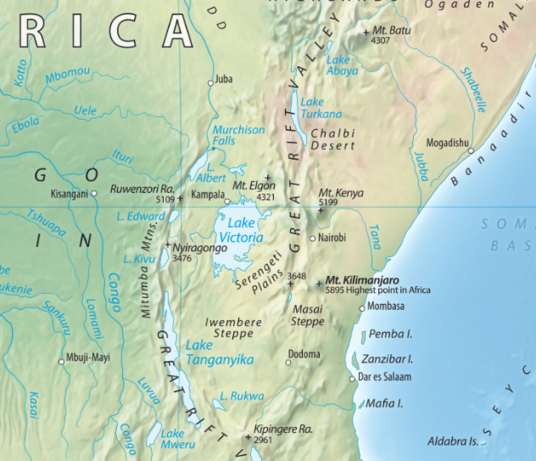
P137_Gabon_Ethiopia_Sao Tome
Discovery and Characterization of peptides from African plants
Cooperating countries: Gabon, Ethiopia, Sao Tome and Austria
Coordinating institution: Medical University of Vienna, Roland Hellinger, roland.hellinger@meduniwien.ac.at and Christian Gruber, christian.w.gruber@meduniwien.ac.at
Partner institutions: Centre de Recherches Médicale de Lambaréné, Debre Tabor University, Universidade São Tomé e Príncipe
Project duration: 1 December 2024 - 30 November 2026
Budget: EUR 39.745
Abstract:
The untapped wealth of the African flora presents a compelling opportunity for identifying natural compounds with potential as lead molecules in drug discovery. Cyclic cystine-rich peptides, specifically cyclotides derived from plants, have emerged as noteworthy candidates due to their cystine-knot-stabilized structure, imparting favorable drug-like properties. However, the financial constraints in low-income countries hinder their ability to invest in the requisite equipment for peptide isolation and analysis. Addressing this limitation necessitates collaborative networking to acquire evidence-based pharmacological data on African medicinal herbs and explore plant peptides for medicinal applications. This project aims at (i) discovering cyclotide-expressing plants and (ii) isolating novel peptides for analytical characterization, focusing on over 20 selected plants from Gabonese, Ethiopian, and São Tomé flora.
Leveraging extensive transcriptome databases and literature data for pre-selection, our approach involves evaluating each species for peptide presence through an established peptidomics workflow. For promising species, local plant material will be collected, enabling large-scale extraction for comprehensive characterization of the plant peptidome and peptide isolation. Importantly, this project facilitates a substantial knowledge transfer in peptidomics from the Austrian laboratory to African partner institutions, fostering hands-on training in instrumental analytics, peptide chemistry, and mass spectrometry.
By sharing Austrian infrastructure, this collaboration ensures sustained access for future projects. Simultaneously, the African partners contribute unique biological materials, fostering a reciprocal exchange. The project not only yields new peptides for bioactivity screening, propelling subsequent research initiatives but also establishes a mutually beneficial partnership that transcends geographical boundaries, enriching scientific endeavors on both continents.